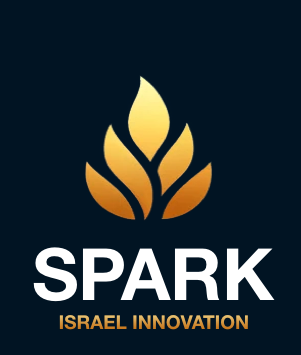The Spark Blog
Israel’s High-Tech and GenAI: A Thought-Provoking Question

The Israeli high-tech ecosystem has long been a leader in AI and ML innovation. For years, companies have invested heavily in building native AI/ML systems, mastering their intricacies, and tailoring them to specific needs.
However, with the rise of Generative AI (GenAI), a new dynamic has emerged, sparking questions about the readiness and willingness of Israeli companies to fully embrace this transformative technology.
This brings us to a thought-provoking question:
Is it possible that the early adoption of AI and ML by Israeli high-tech companies has ironically made them slower to adopt GenAI?
Here are a few perspectives to consider:
- Too Soon, Too Shallow?
Could it be that Israeli companies recognize the initial hype around GenAI but find it “too generic” or “shallow” for their sophisticated needs? Perhaps they see GenAI as not yet ready for prime time and are hesitant to abandon years of investment in their advanced AI/ML systems. - The Cost of Commitment:
Are these companies so deeply invested in their AI/ML frameworks that pivoting to GenAI feels like a misstep? They might feel they are on the brink of extracting the full value from their existing systems and see no reason to disrupt this progress for the uncertainties of GenAI. - The Data Dilemma:
A sentiment I’ve heard repeatedly is that successful AI requires applying it to “very selected, very sanitized” data. For companies that have invested heavily in cleaning and curating their data lakes, the broad, less precise approach of GenAI might seem risky and less likely to deliver the quality results they require. - Investor Influence:
In some cases, companies may be caught in a loop of “good money after bad,” continuing to invest in refining their traditional AI systems rather than redirecting resources to GenAI.
Finally, a comparison: how many Israeli startups can confidently say, like Klarna’s CEO, that GenAI has significantly reshaped their strategies?
And if they’re not saying it, why not?
The Big Question
Does Israel’s high-tech sector risk losing its competitive edge due to hesitation in robustly adopting GenAI across the board?
Or is this cautious approach—refining existing systems and waiting for GenAI to mature—a sign of wisdom and foresight?
In my next post, I’ll share what I’ve learned from recent conversations and meetings.
For now, I’d love to hear your thoughts. What do you think is holding Israeli high-tech back—or propelling it forward—when it comes to GenAI?



